The worst book title of the modern age actually belongs to a superb work: The Strange Non-Death of Neoliberalism, which the English sociologist Colin Crouch wrote in 2011. The title was meant to play off the historian George Dangerfield’s 1935 book about the politics of the United Kingdom before World War One, The Strange Death of Liberal England. Alas, after almost a century, not many people remember Dangerfield. A larger problem is that it is hard to say what liberalism is, neo- or paleo-, dead or alive. In Europe, it mostly means the free market. In the United States, it mostly means various movements for social betterment pushed by those skeptical of the free market. Liberalism thus comes to mean every political tendency and its opposite.
Fourteen years after Crouch, in The Collapse of Global Liberalism, the Irish economist Philip Pilkington argues that liberalism is finally on its deathbed. Pilkington views liberalism as earlier generations of political philosophers did: as one long process of replacing relations based on “status” with relations based on “contract.” Since the days of John Locke, the heart of the liberal idea is that every human being is free to make his own choices: why should I have to worship in the state church if Father X is preaching next door and I wish to listen to him?
Liberalism aims to increase happiness by smashing every rule and razing every institution that keeps individuals from contracting freely with one another. If we were all only individuals, that would be great. But we also belong to institutions that care for us and allow us to care for others – families, churches, fraternities – and liberalism has destroyed these as well. Liberalism, Pilkington argues, has a decidedly dark side and he has a theory that ties together the seemingly disparate phenomena that people hate about it, from credit default swaps to the Iraq War to Drag Queen Story Hour.
Liberal economies, which promise prosperity, cannot produce the main thing they need to guarantee it
There are many paradoxes about liberalism. Breaking all these traditions and keeping voluntary organizations from re-emerging requires a huge role for law and lawyers. So it never feels like we’re getting freer. A country is forbidden to subsidize industry if it wants to join the World Trade Organization or the EU or some other institution of “free” trade. A businessman is forbidden to hire his old friends according to the anti-discrimination laws that govern the “free” market. For Pilkington, liberalism is a bit like communism – a set of sweet ideals realizable only through ruthless measures.
And like communism, it is failing. American deindustrialization started the avalanche. When American businessmen broke their contracts with their own workers to profit from cheap labor abroad, liberals were ready with excuses. The world was “embracing our liberal values.” Except it wasn’t. Deng Xiaoping’s xiaokang system of “moderate prosperity” in the 1970s, Beijing’s “Anti-Spiritual Pollution Campaign” against pornography in the 1980s, Zhu Rongji’s fight against western speculation in the 1990s – China thinks its illiberal path was the better one. Pilkington agrees. One of his darker conclusions is that it is too late to do anything about it. China took over the synergistic culture of technological innovation the United States possessed till this century, and it would take us decades to get it back.
For Pilkington, the Russo-Ukrainian war is a turning point. The US underestimated the industrial base that the now thoroughly deindustrialized West would require to keep Ukraine in the fight. And it overestimated its ability to bring Russia to heel through sanctions. Cutting off Russian energy to Europe undermined our allies’ economies; freezing (and considering stealing) Russia’s currency reserves undermined our own status as an honest broker in the global marketplace, and the power of the dollar along with it. “So what?” one might reply. The US has been screwing up all century long – but it doesn’t seem to stop us. The difference is that an anti-liberal alliance has formed (that of the BRICS countries) which, if not more powerful than the liberal West, is at least strong enough to circumvent American-controlled institutions and resist US intimidation.
It all happened so quickly. “The global liberal world order should have been able to put up a better fight,” Pilkington observes. He blames “the bizarre upside-down culture and morality of late liberalism,” and he has a smart, simple theory about this, too. As Pilkington sees it, “the liberal political order flows directly from the liberal economic order.” Unfortunately, the contractual basis of liberalism cannot really be applied to sex. The problem this creates is fatal. Liberal economies, which promise prosperity, cannot produce the main thing they need to guarantee it: new generations of human beings. No longer self-sufficient in population growth, societies must trade for it. This is what we call mass migration. Where people stop having children, the young (who possess the vital energy) are pitted against the old (who possess the democratic majority), so democracy tends to lose its legitimacy. Alternative solutions to the population problem bubble up, though no one dares speak their name: Pilkington believes the current fad for euthanasia is one of these.
Those who design liberal systems are often the last to see this decline coming. This is due to another element of liberal order: “Liberals,” Pilkington writes, “have an almost magical belief in the power of perception.” One can complain about the elites of the old days – magnates, clerics, military barons – but at least their business was reality. Today’s leaders tend to be “symbolic analysts,” to use Robert Reich’s term – or “bullshit artists,” to use the more common one. Their professional experience has convinced them that reality can be whatever you want it to be. And it can. Until suddenly it can’t. Things fall apart. The lack of a center cannot hold.
This article was originally published in The Spectator’s September 15, 2025 World edition.



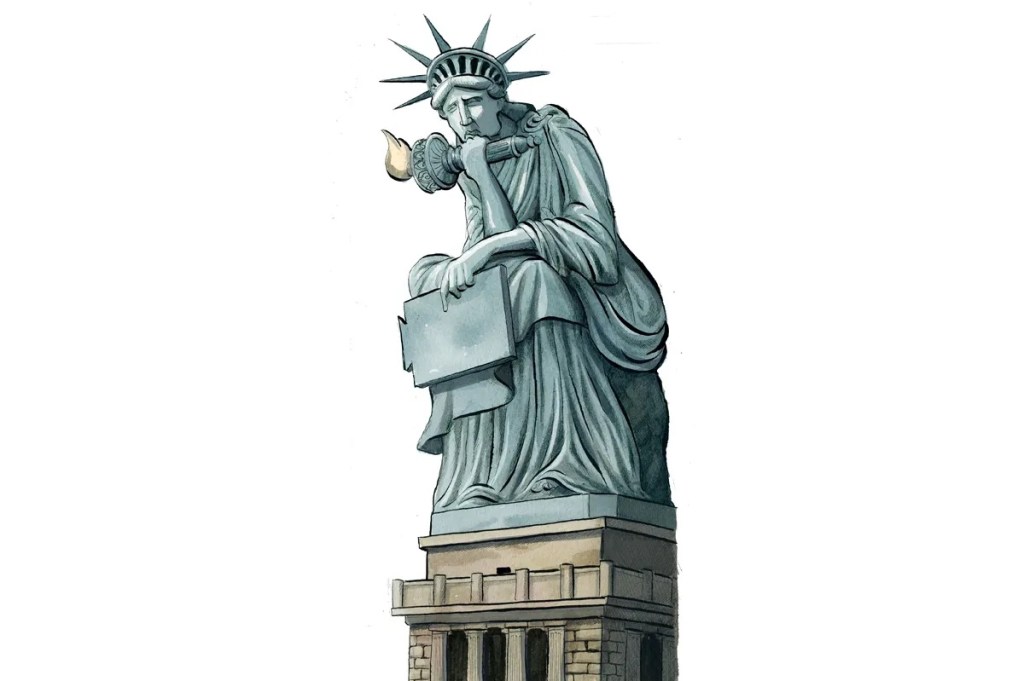






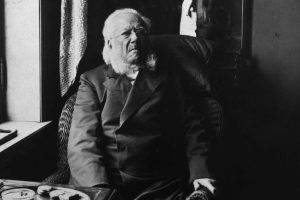

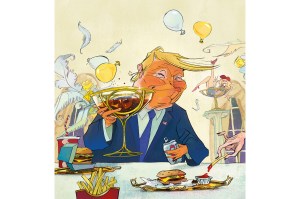

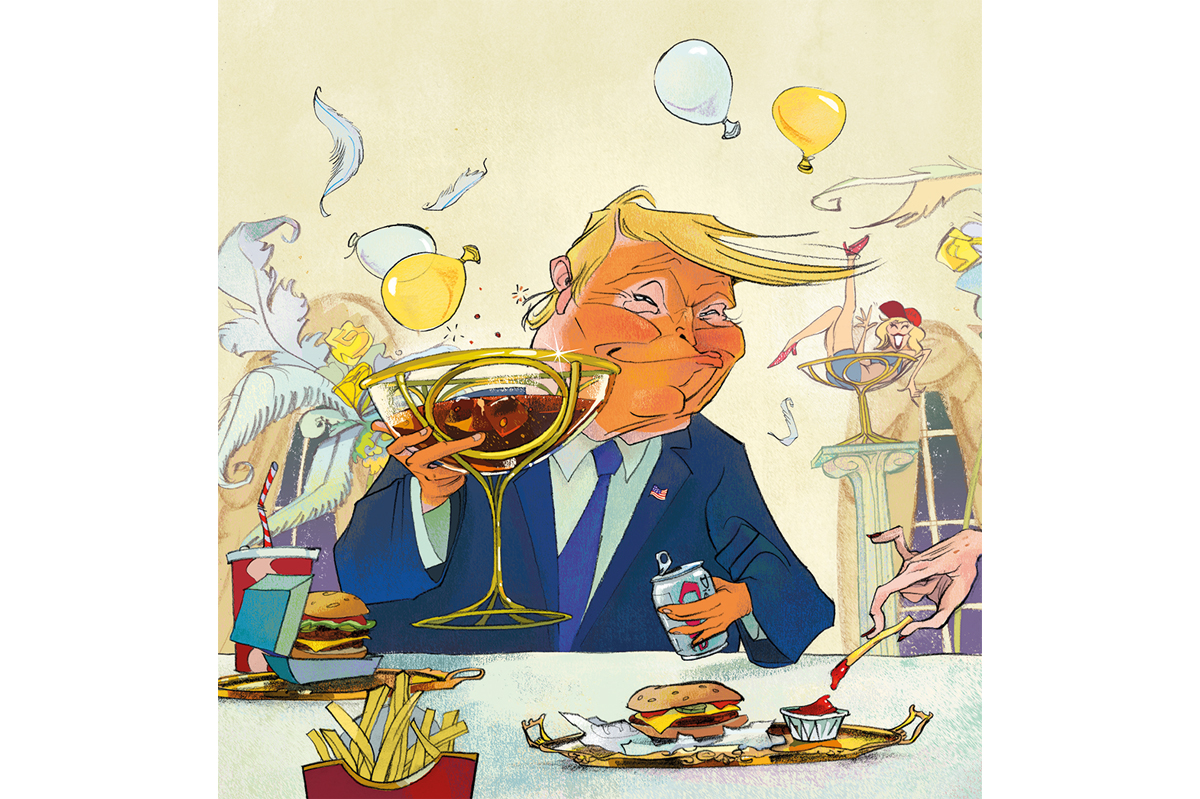

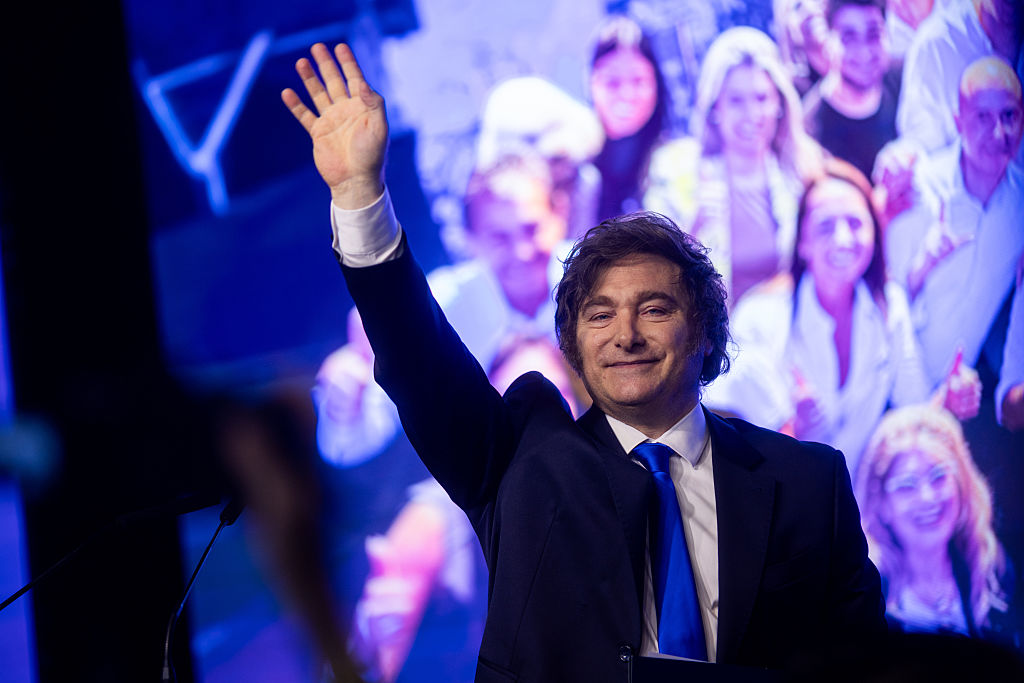
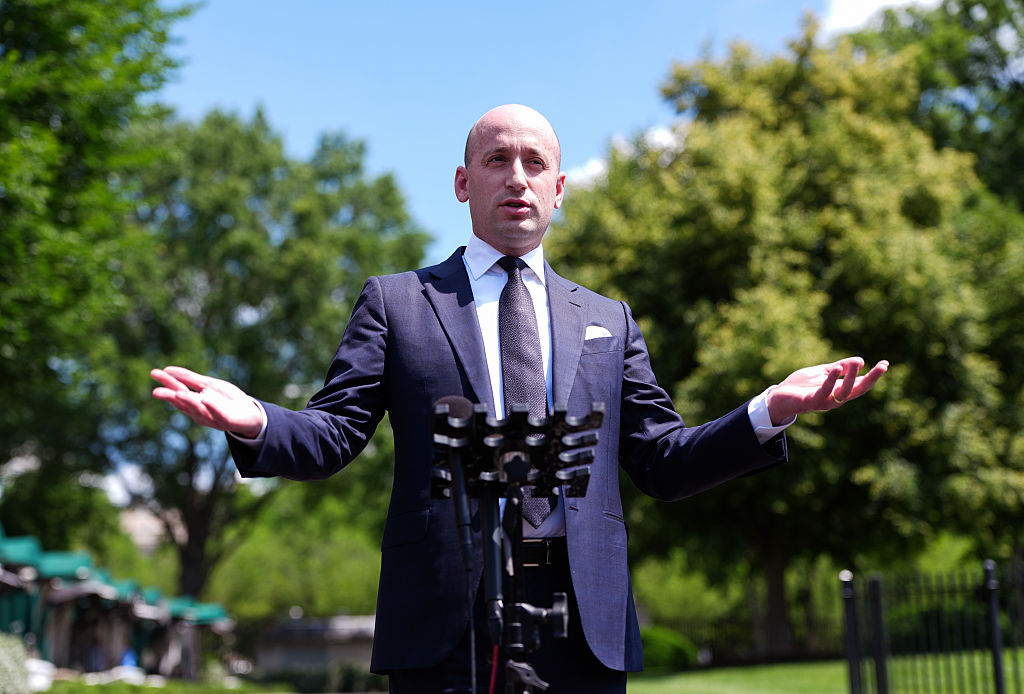
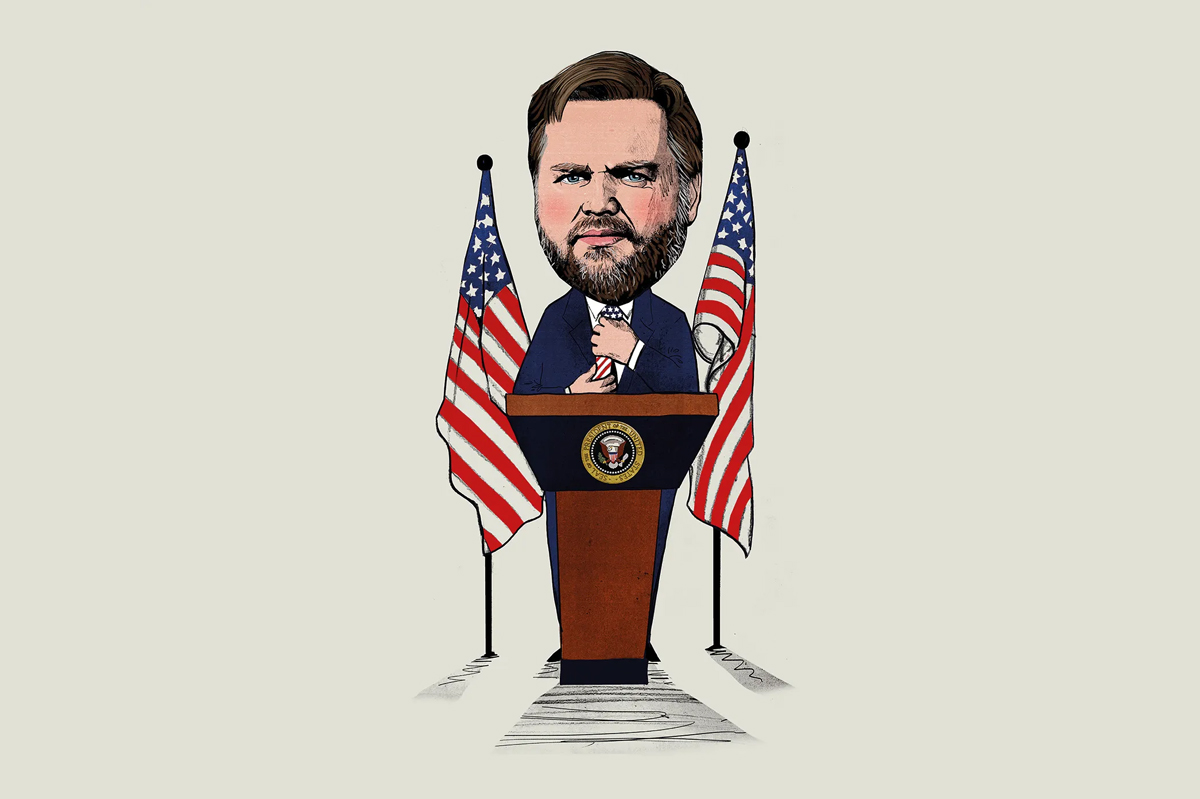







Leave a Reply